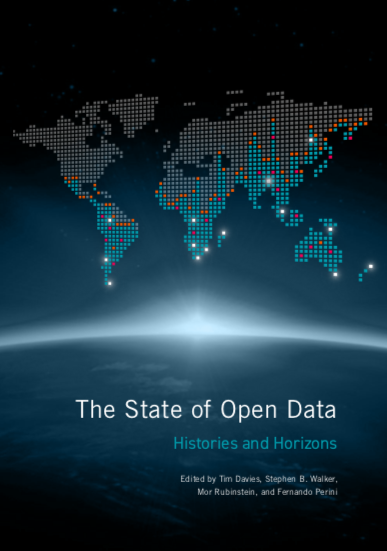About IDRC
A Crown corporation, we support leading thinkers who advance knowledge and solve practical development problems. We provide the resources, advice, and training they need to implement and share their solutions with those who need them most. In short, IDRC increases opportunities—and makes a real difference in people’s lives.
Working with our development partners, we multiply the impact of our investment and bring innovations to more people in more countries around the world. We offer fellowships and awards to nurture a new generation of development leaders.
What we do
IDRC funds research in developing countries to create lasting change on a large scale.
To make knowledge a tool for addressing pressing challenges, we
- provide developing-country researchers financial resources, advice, and training to help them find solutions to local problems.
- encourage knowledge sharing with policymakers, researchers, and communities around the world.
- foster new talent by offering fellowships and awards.
- strive to get new knowledge into the hands of those who can use it.
In doing so, we contribute to Canada’s foreign policy, complementing the work of Global Affairs Canada, and other government departments and agencies.
Resources
Displaying 11 - 15 of 324Changing ecosystem services are increasing people's vulnerability in semi-arid regions : an ASSAR cross-regional insight
Adaptation at Scale in Semi-Arid Regions (ASSAR) researchers collaborated to understand the complex changes and patterns in semi-arid vegetation and socio-ecological systems. Ecosystems were mapped using a cross-regional coarse scale study, relying on climate data to capture global and regional trends. Finest spatial scale mapping relied on LANDSAT to show changes in land use and land cover. Details of observed changes are provided for Botswana, Namibia, Kenya, Ethiopia, Mali, Ghana, West Africa, and India. Links to referenced studies are embedded in the report.
State of open data
It’s been ten years since open data first broke onto the global stage. Over the past decade, thousands of programs and projects around the world have worked to open data and use it to address a myriad of social and economic challenges. Meanwhile, issues related to data rights and privacy have moved to the centre of public and political discourse. As the open data movement enters a new phase in its evolution, shifting to target real-world problems and embed open data thinking into other existing or emerging communities of practice, big questions still remain.
Governance and justice program evaluation
This detailed evaluation of the Governance and Justice (GJ) Program (formerly Governance, Security and Justice - GSJ) takes stock of progress in programme delivery and reflects on potential modifications, both programmatically and institutionally, that can be brought to the GJ Program design going forward. The evaluation found that the GJ Program has been highly effective in producing key outputs. Project innovations are well positioned for use, with cohort-based projects more relevant to communities, policymakers, NGOs and the private sector.
Grey areas in green grabbing : subtle and indirect interconnections between climate change politics and land grabs and their implications for research
Climate change and green grabbing/resource grabbing together call for nuanced understanding of governance imperatives, and for constructing a knowledge base appropriate to political intervention. This paper offers preliminary ways in which interconnections can be seen and understood, and their implications for research and politics explored. It concludes by way of a preliminary discussion of the notion of ‘agrarian climate justice’ as a possible framework for formal governance or political activism relevant to tackling grey area interconnections.
Land Ownership Chapter
Key points
-
Global availability of land ownership and land deals data is patchy, but, when available, it has been used by individual citizens, entrepreneurs, civil society, and journalists.
-
Over the last decade, a number of responsible data lessons have been learned. These lessons can provide guidance on how to balance transparency and privacy and on how to draw research conclusions from partial data.







